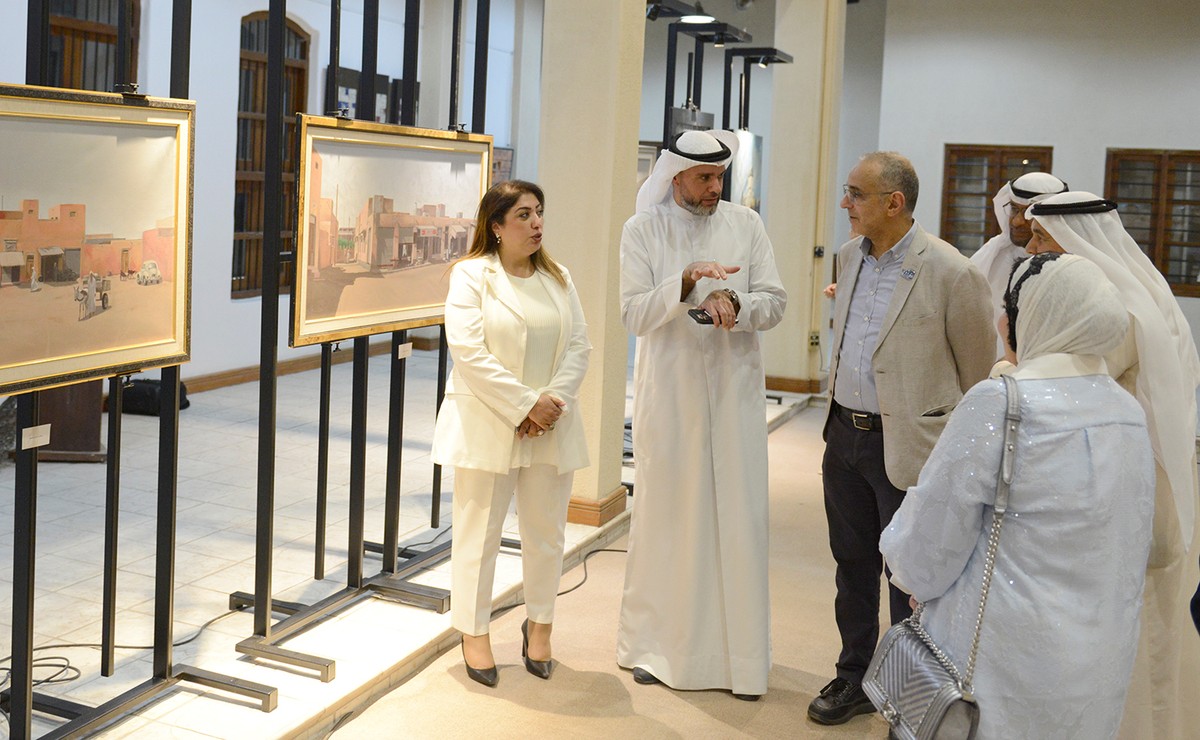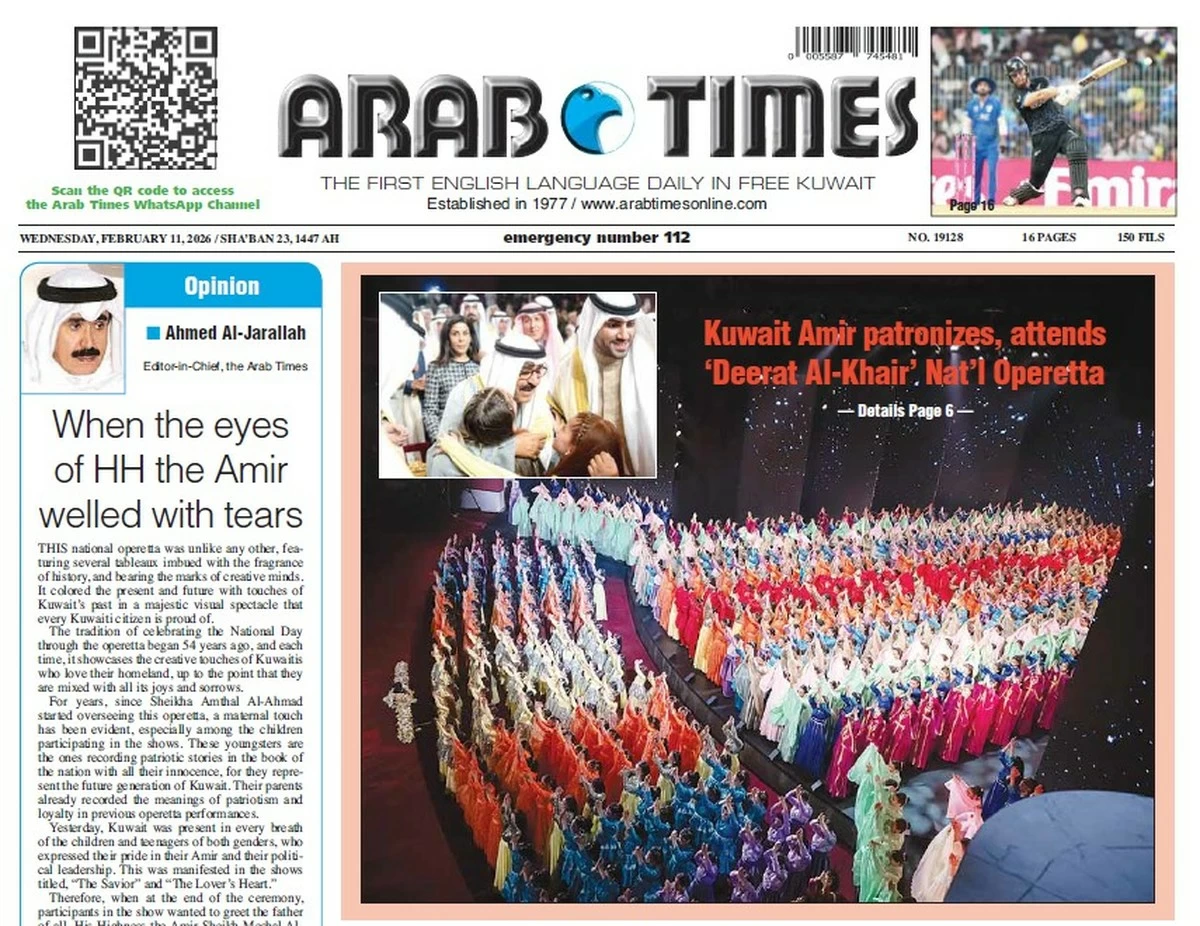22/07/2025
22/07/2025

KUWAIT CITY, July 22: A vibrant exhibition at the Museum of Modern Art is showcasing the rich antiquities of Failaka Island through a collection of visual artworks, celebrating the recent inclusion of the historic Icarus Stone in UNESCO’s Memory of the World Register.
Organized under the theme “Kuwait’s Antiquities in Colors,” the summer exhibition features 38 fine and ceramic artworks created by Kuwaiti artists who have visually interpreted the archaeological legacy of Failaka Island. The exhibition, which runs until July 27, is accompanied by specialized artistic and ceramic workshops aimed at deepening public engagement with the country’s ancient heritage.
Speaking to KUNA, exhibition organizer Sarah Khalaf explained that the event was launched in celebration of the Icarus Stone’s addition to UNESCO’s Memory of the World list on April 18. The event highlights the global importance of the artifact and reflects Kuwait’s dedication to preserving and promoting its cultural heritage through the arts.
Professor Hassan Ashkanani, an expert in archaeology and anthropology at Kuwait University, described the Icarus Stone as “a rare and significant artifact of immense historical value.” He noted that it dates back to 2300 BC and is inscribed in ancient Greek with a 44-line message from a representative of the Seleucid state to the ruler of Icarus, the ancient name for Failaka Island.
According to Ashkanani, the inscription offers insights into the political, social, economic, and religious life of the time, referencing agricultural practices, the care of deer, the establishment of temples, and the hosting of religious rituals that resembled the Olympic Games.
Discovered in 1960 during early excavations by Denmark’s Moesgaard University, the Icarus Stone was found within the remains of a Hellenistic castle on the island. Ashkanani highlighted its unique importance, noting that it is “the first piece of Kuwaiti heritage to be registered on the UNESCO list.” The artifact is currently preserved and displayed at the Kuwait National Museum.
Ashkanani added that the National Council for Culture, Arts and Letters (NCCAL) continues to organize events that introduce the public to Kuwait’s ancient history, with a special focus on the treasures of Failaka Island. The island, situated in the Arabian Gulf, remains one of Kuwait’s most archaeologically rich sites, representing centuries of cross-cultural exchange and civilization.
In conjunction with the exhibition, Dr. Mohammed Al-Jassar, Secretary-General of NCCAL, toured the Museum of Modern Art, underscoring the importance of promoting Kuwait’s cultural identity through artistic expression.
This celebration not only marks a milestone in Kuwait’s cultural diplomacy but also reaffirms the nation’s ongoing commitment to preserving and sharing its unique historical narrative with the world.


